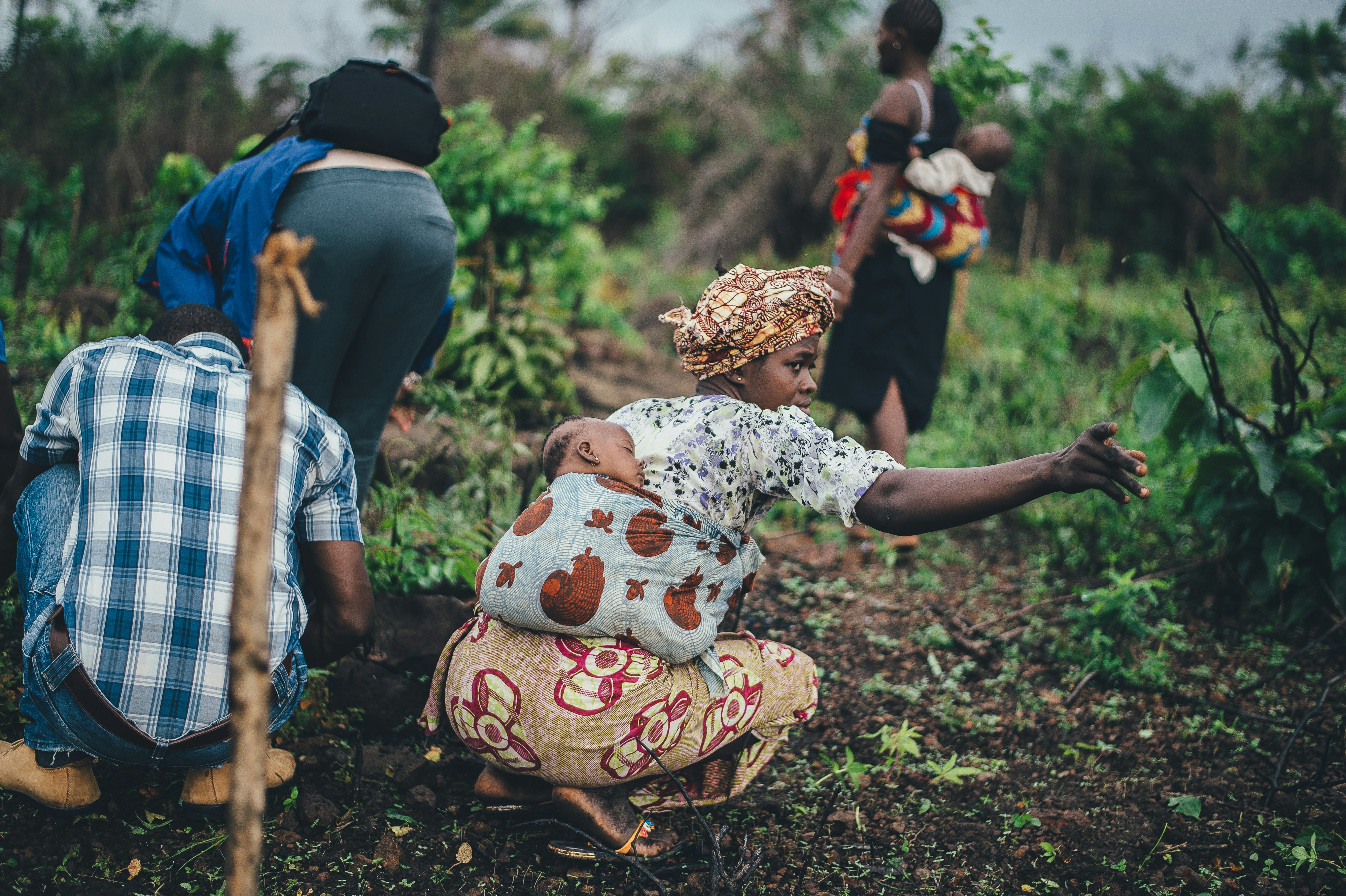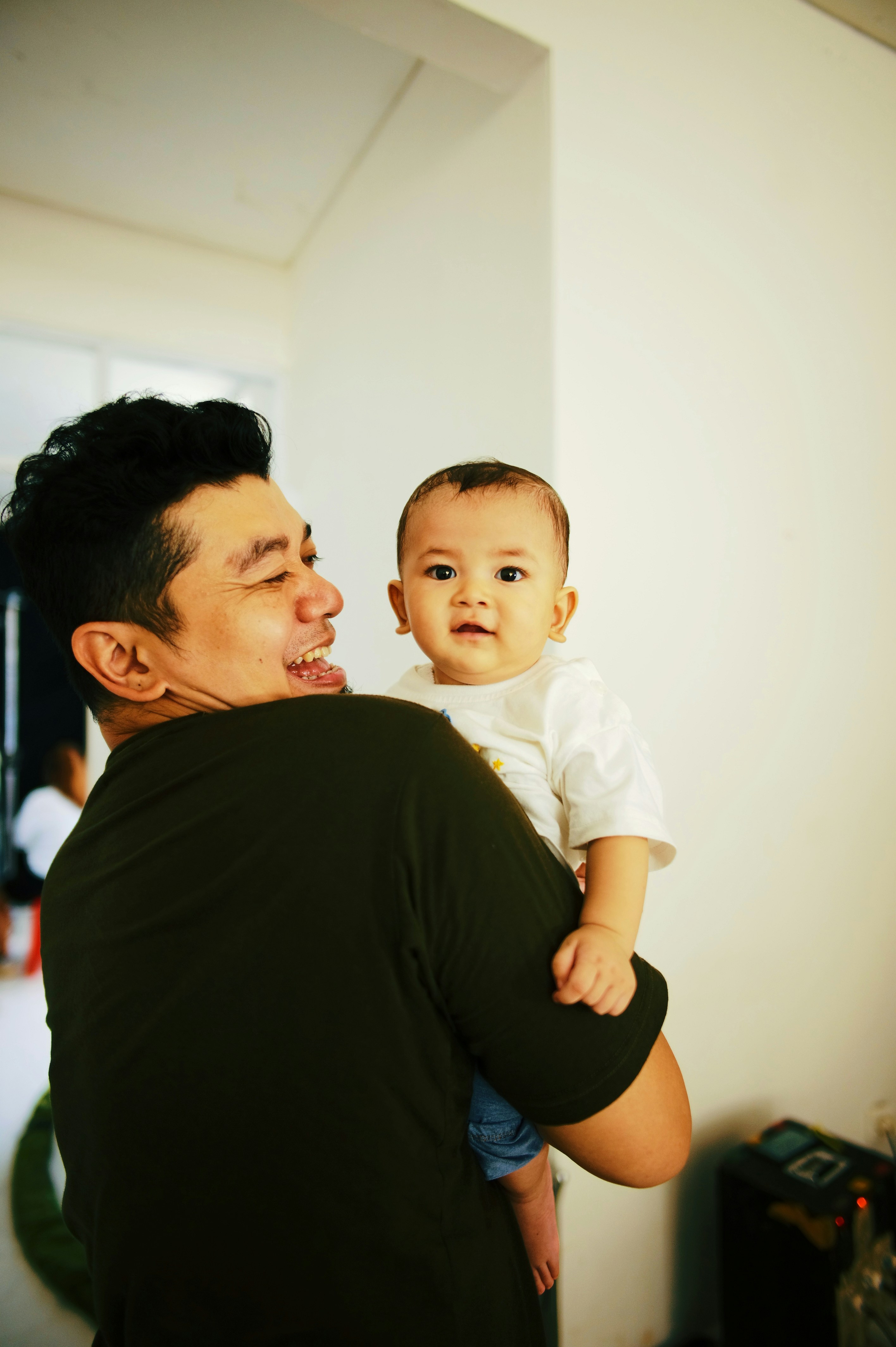Are Milestones Helpful? Rethinking the Way We Talk About Child Development
When it comes to raising children, a word that pops up frequently is “milestones.” The term is used internationally in paediatric literature - from research articles and clinical journals, from baby magazines and Plunket checklists, to social media timelines and parenting apps - milestones can be presented as a roadmap for your child’s development. But is this term helpful, or could it be doing more harm than good?
Let’s unpack the idea of milestones, where the concept comes from, and whether it supports tamariki—and their whānau.

What Are Milestones, Really?
Milestones are widely used in child development to describe the average age range when most children reach certain abilities. These include physical skills like crawling and walking, language milestones like babbling or saying their first words, and social-emotional markers like smiling or making eye contact.
They serve a very real purpose: early detection. Paediatricians and child development specialists use milestones to monitor progress and to help identify when a child might benefit from extra support.
Why the Term Can Be Misleading
Despite their usefulness, the word "milestone" can give the wrong impression. It suggests a rigid timeline—pass this point now, or you're late. But child development doesn’t work like that!
Here’s why the term can be problematic:
1. Implied Precision
“Milestone” sounds exact, but in reality, there's a wide range of what's considered typical. Just because a baby isn't walking by 12 months doesn’t mean something is wrong—it might just mean they’re focusing on other areas of development.
2. Pressure and Comparison
Parents can feel unnecessary stress when they see other children reaching milestones earlier. And social media can add fuel to this fire. But comparison is rarely helpful, and it can distract from your child’s unique strengths.
3. Missing the Whole Picture
Milestones focus on outcomes, not processes. A child might not yet be talking but could be developing complex nonverbal communication skills. Development is not a race—it's a web of interconnected abilities that evolve over time and with a variable lens across cultures.

What About Critical Periods and Early Intervention?
While it’s true that all children develop at their own pace, there are certain critical periods in development—windows of time when the brain is especially responsive to particular types of learning and input.
For example:
- Language development has a critical window in the first few years of life.
- Vision must be stimulated in infancy, or some forms of vision loss can become permanent.
- Attachment and social development are shaped profoundly in the first few years through consistent relationships and emotional connection.
If a child misses key experiences during these critical periods, it can be harder—but not impossible—to develop those skills later on. That’s where early intervention becomes essential. The earlier support is offered, the more effective it tends to be, because the brain is still highly adaptable.
So in this sense, milestones aren't just arbitrary—they can signal when to look closer, ask questions, and, if needed, seek guidance from professionals. The key is using them as tools for support, not judgment.

So should We Stop Using the Term?
No, we don't think so. Milestones are still a useful reference point, when used responsibly by healthcare professionals. But the language we use does matter. Here are a few shifts that might be helpful:
- Swap “milestone” for “developmental path” or “emerging skills” to reflect the process, not just the result.
- Be mindful of individual differences—factors like birth timing (prematurity), environment, personality, and family history all influence development.
- Focus on observing and engaging with your child rather than ticking boxes. What brings them joy? What do they gravitate toward? How can you support their natural curiosity?
Instead of treating milestones as deadlines, we can see them as signposts—not markers of success or failure, but gentle indicators of where your child might be and where they might be headed. If a child is not aligning in all areas of development it might signal a need for additional support.

Connection Over Checklists
The most important “milestone” isn’t walking or talking—it’s relationship. The bond between children and their caregivers lays the foundation for everything else.
Milestones can be helpful tools. Critical periods and early intervention matter. But in everyday parenting, the best gift we can give children is not pressure to keep up—it’s the taonga of space to grow, at their own pace, in their own way.

